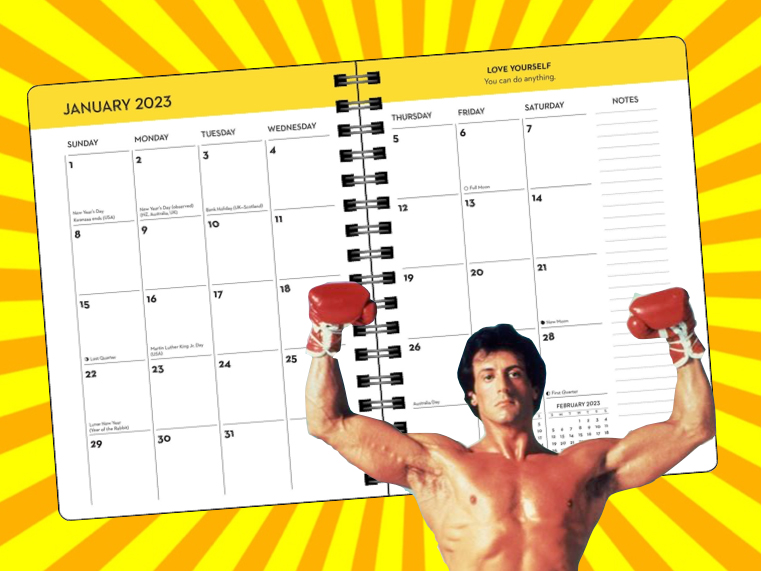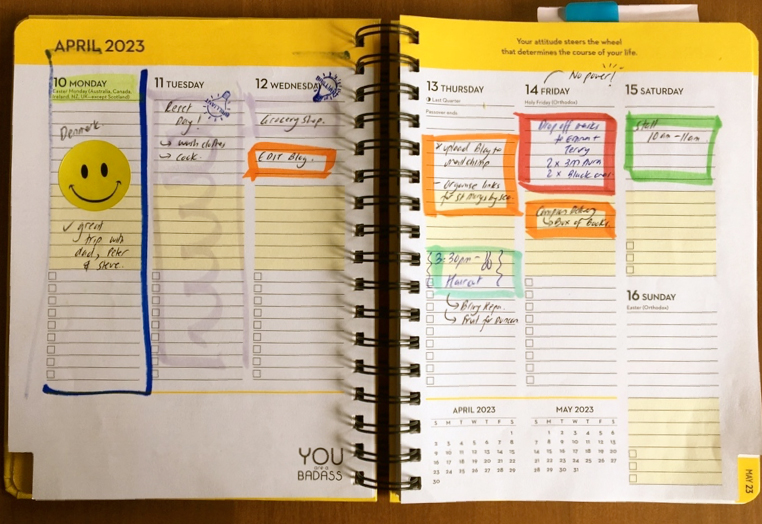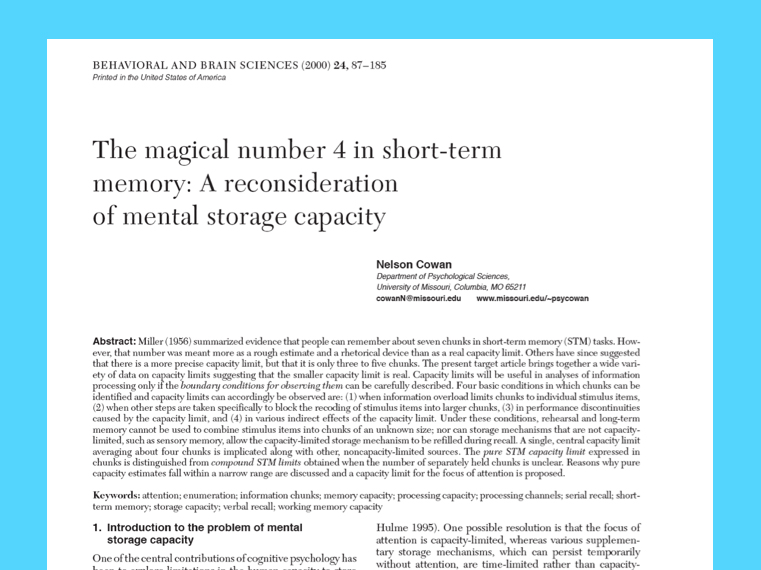
I often hear students say . . .
“I don’t need to use a diary/planner. My memory is good!”
Other students prefer to develop their own system.
For example, a year 11 boy came up to me following a presentation and he held out his arms. They were covered in notes to self, strategies from my session, and reminders he’d scribbled in blue pen.
He said he didn’t need a diary. Why? Because he could write reminders on his arms.
“What will you do when you run out of space on your arms?” I asked.
He didn’t miss a beat and quickly responded with, “I’ll use my legs”.
His system wasn’t fail proof but at least he had some kind of system. Many students don’t have a system to remind them of all their commitments.
How do I know?
Over the years, I’ve surveyed secondary students about their study and lifestyle habits.
What I’ve found is 70% of Australian secondary students say they have a school diary but they don’t use it.

Why is there such strong mental resistance towards using a diary?
Perhaps it’s because students associate this tool with having to do things that brings up feelings of discomfort. Or maybe they’ve felt forced to use a diary without anyone ever explaining the benefits of using one.
In this blog post, I’m going to explore whether you need to use a diary (you may not need one). If you decide this is a tool you want to use, I’ll share two simple tricks you can use to establish the habit of regularly using your diary.
Do you need to use a diary?
Some people can get by without using a diary. But it’s not because they have greater mental powers or a superior intellect compared to other students.
You may not need a diary if:
1) Other people are micromanaging your life (e.g., your parents or boss); and/or
2) You don’t have a lot to do during the day or week (and therefore, there’s not much to remember).
Even if you can get by without a diary, it’s a good idea to develop the habit of using one. Here’s why . . .
In the not so distant future, you may have a part-time job with different shifts that vary from week to week. Perhaps you’ll find yourself studying at university with classes at different times and in different locations.
In other words, your life is going to be jam packed full of different activities and commitments.
It makes a difference to write down all of these activities in one place so you don’t forget what you need to do. A diary is a simple tool you can use to manage everything you need to do and bring a little order to the chaos of life.
When you get to this stage in your life, I’m also guessing that you won’t want your mum or dad doing everything for you. So, the sooner you can establish the habit of using a diary, the better!
My $40 personal assistant
I buy the same diary every year (this one). Yes, it’s a bit pricey. But I figure I can afford to splurge $40AUD on a deluxe diary/organiser once a year.

It has a bright yellow cover, which makes it easy to find when my house gets messy (and it gets messy!). You can view the entire week in one glance and there’s plenty of space to write and scribble (this makes it easy to plan and prioritise tasks). The cover also makes me smile (it states ‘YOU are a BADASS’).
I relate to this paper-based diary as being like my mini personal assistant. This tool lightens my mental load, decreases decision fatigue, and helps to keep me on track. It also prompts me to take action on certain tasks.
Every time I open up my diary, it tells me what I need to do, when I need to do it, and where I need to go.
“You have to go to the dentist at 8am on Monday.”
“The article is due on Thursday.”
“It’s mum’s birthday next Wednesday. Buy cake and pop round at 6pm”
Rather than holding all these random details in you working memory (and having them take up precious mental space), it makes sense to dump them in your diary.
We have a limited capacity to take in and process information at any one time. In a research paper called The magical number four in short-term memory psychological researcher Nelson Cowan argues that humans can only hold on average four chunks of information (plus or minus two) in their short-term memory.

How does this relate to you and using a diary?
If you’re trying to hold onto all these random bits of information in your brain (e.g., “Buy cake for mum on Wednesday” and “Dentist on Monday at 8am”) this is going to deplete your finite brain power.
By cultivating the habit of using a diary, you can free up your precious mental resources. This means you can allocate your brain power towards more important cognitive tasks (e.g., learning new ideas).
How to develop the habit for using a planner diary
I’m going to share two simple tricks to make it really easy to use a diary.
Trick #1
As soon as the teacher says a test is coming up or an assignment is due, write it down in your diary. Do it immediately.
This will only take 10-30 seconds to do but it will save you a lot of stress and drama later down the track.
Trick #2
Open up your diary and look at it every day.
You need to find a place in your daily routine to slot in opening up your diary and looking at what’s coming up. It could be after you have dinner or after having a snack after school. Use a pre-existing habit to remind you to open up your diary and look at what is happening.
In a nutshell, all you need to do is:
1) Write things down as soon as you’re told about them; and
2) Look at your diary every day.
What should you capture in your diary?
Write down anything that you need to remember (but probably won’t remember). For example, special events, things you need to bring to school/class, reading you need to do, and assignment due dates.
Next level diary tips: Optional extras
If all you do is follow the two tricks (write things down immediately and look at your diary every day), you’ll be extracting 95% of the value that comes from using a diary. In other words, you’ll feel more in control and less stressed.
But here are a few other things you can do to enhance your overall diary experience . . .
1. Use a bit of colour

You can color-code your diary to make it more visually appealing and easier to read and organise.
Use different coloured textas to highlight different activities and events. I draw a blue box around school presentations, an orange box around community events, a light blue box around leisure/break activities, etc.
2. Celebrate task completion

Sometimes when I’ve completed a task, I’ll add a sticker or a stamp to the page next to the task. This makes using my diary a little bit more playful and fun (rather than it feeling like a chore). It’s a nice way of taking a moment to celebrate completing a task before I move onto the next thing I need to do.
3. Write time reminders

To avoid any nasty surprises, it helps to write down time reminders for important projects/tests/events, such as “Maths test in 7 days” or “Italian exam in 2 weeks”.
These reminders can help to combat procrastination and propel you into action. They make me realise “If I want to avoid a last minute scramble, I better get started today!”
To sum up
A diary planner is the simplest system I’ve come across to help me manage everything I need to do in one place. But if you discover a better system that helps you to remember everything you need to do, run with that. Do what works for you.
The most important thing is you have a system that helps you to manage all your commitments. And preferably one that doesn’t involve writing all over your arms and legs.
